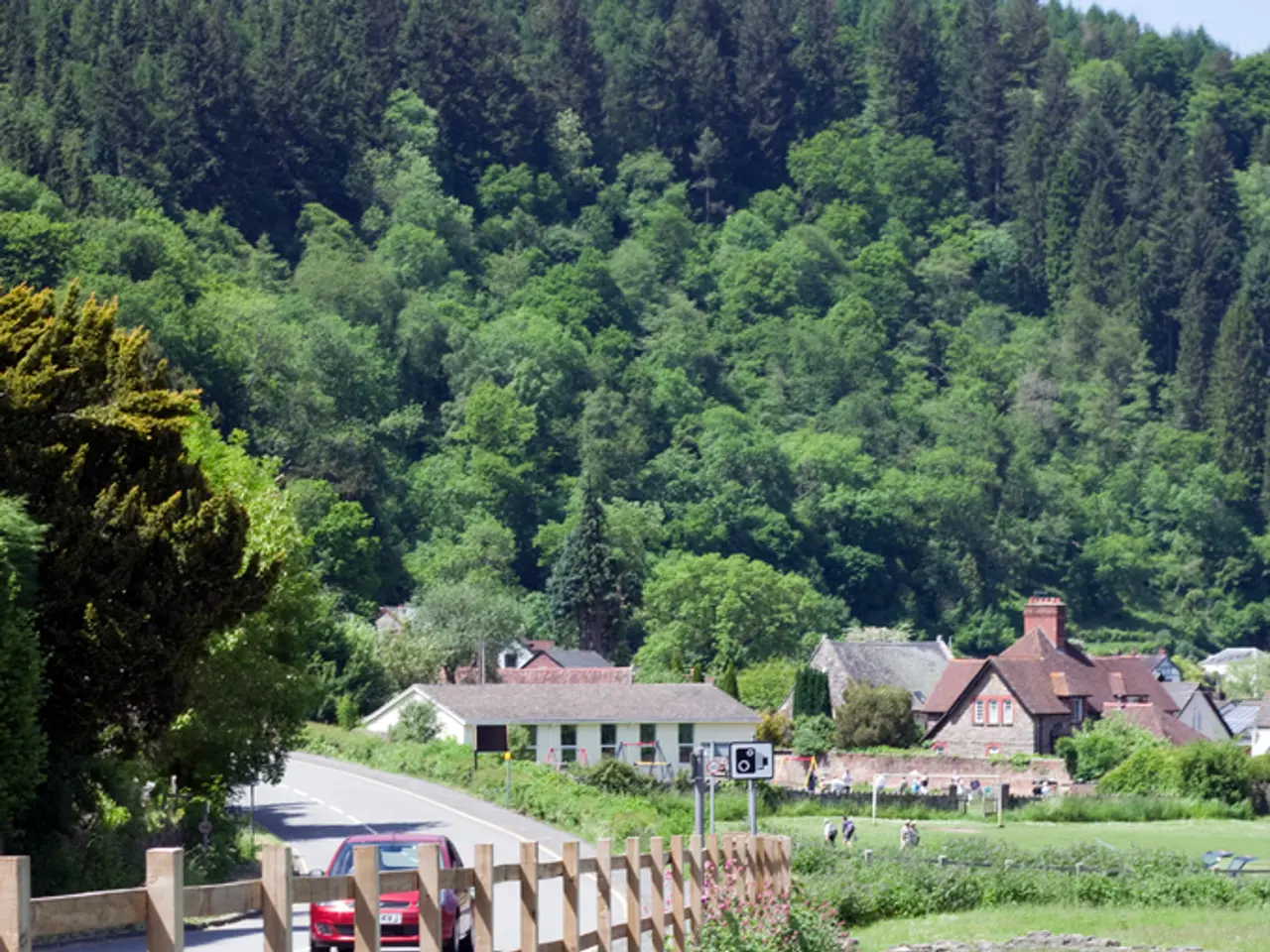Germany's Energy Future: Gas Set to Dominate Despite Emission Concerns
Germany's energy landscape is shifting, with natural gas set to play a more significant role in the coming decades. Chancellor Angela Merkel has announced plans to expand gas infrastructure, while utility executives predict increased import demands. Meanwhile, concerns about methane emissions and the 'gas bridge' strategy raise questions about the country's commitment to renewable energy.
Merkel's statement signals a continued reliance on natural gas, despite its environmental impacts. While it produces less CO2 than coal, methane leaks throughout the production and delivery chain exacerbate its climate effects, being 87 times more potent than CO2 in the short term, according to the IPCC. Germany, the world's largest importer of fossil gas, aims to limit renewable energy capacities to about 50%, ensuring gas takes up the remaining capacity left by coal – a strategy dubbed the 'gas bridge'.
Executives at Uniper anticipate an additional gas import demand of 150 billion cubic meters per year by 2030 in Europe. Gas lobbying group Zukunft Erdgas predicts a rise in German gas usage by up to 8 percent through 2022 alone. Cheap gas could enable a business case for switching from coal to gas, allowing existing under-utilized gas plants more generating capacity and convincing lenders to finance more retrofits of coal plants or the building of new 'cleaner' gas plants.
Germany's increased reliance on natural gas raises concerns about its commitment to reducing greenhouse gas emissions. While gas produces less CO2 than coal, methane leaks pose a significant threat to the climate. As the country expands its gas infrastructure and import demands rise, questions remain about the balance between fossil fuels and renewable energy in Germany's energy mix.
Read also:
- Aiming to simplify the move towards cleaner automobiles, the newly established ministry plans to take direct action with Pannier-Runacher, Létard, and Vautrin at the helm.
- "The imperfect yet essential documentary, "Planet of the Humans," raises challenging and uncomfortable inquiries"
- Exciting Escapades of Tintin
- More than half of British homes adhere to insulation standards established during the 1970s.






